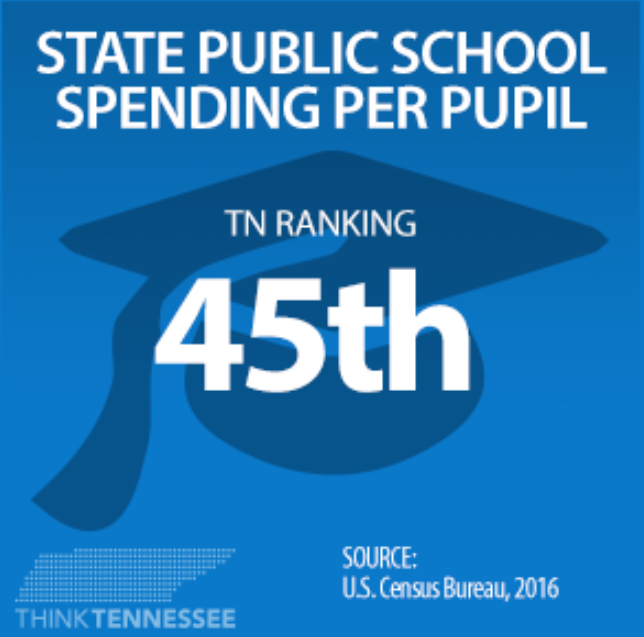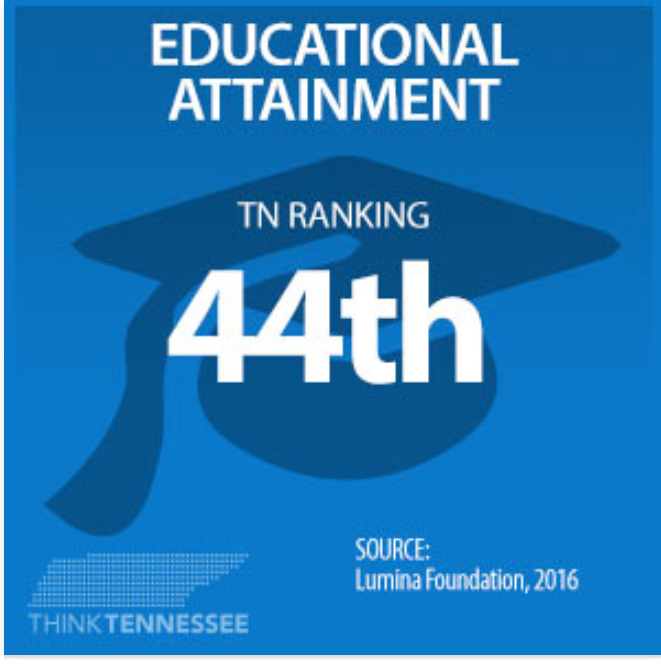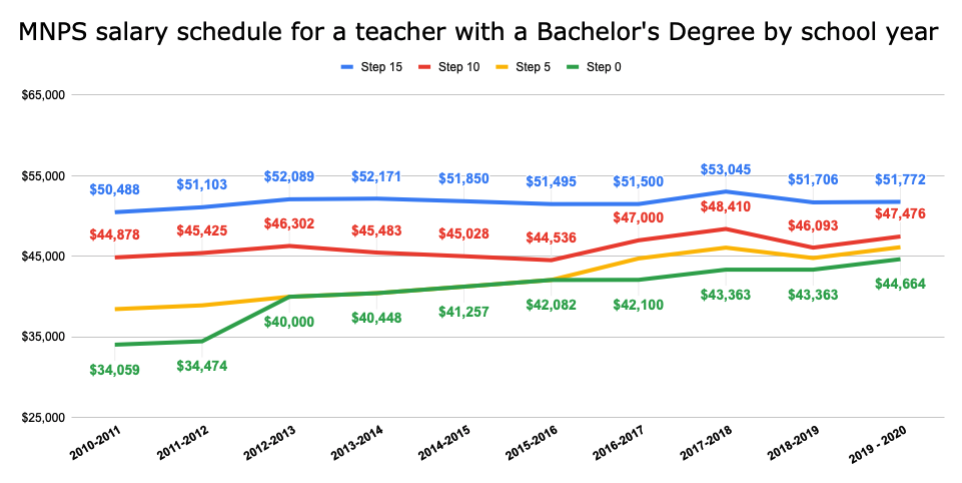In light of recent concerns regarding the financial health of Metro Nashville, the Metro Nashville Education Association (MNEA) put out this statement regarding the planned teacher raises scheduled to take effect in January. It’s worth noting the uncertainty regarding the funds for teacher pay comes at a time when teachers in Nashville are already paid at a rate well below the cost of living.
In MNEA’s first meeting with MNPS leadership after school began in August, and other subsequent meetings, Vice President Michele Sheriff and President Amanda Kail inquired about the status of Briley’s promised 3% raise for teachers in January. After speaking to Mayor Cooper’s office, MNPS leadership assured MNEA the raises were indeed going to occur. No additional monies were required because the necessary funds already existed in the MNPS budget as a TIF (tax increment financing) expenditure that was renegotiated for this year.
With the recent release of the state comptroller’s report that shows Metro Finances short $200-300 million, MNEA reached out to MNPS leadership to confirm the raises are not in jeopardy. MNPS leadership has in turn been waiting for a response from the Mayor to confirm. After MNPS received no response, MNEA contacted Mayor Cooper’s office and this afternoon received this statement:
“In light of the Comptroller’s report this week, we are doing everything possible to make the raise happen. The finance director is working with MNPS to determine the sources of funds.”
While there is no evidence to suggest the funds will not be available, we look forward to a confirmation from Mayor Cooper of the promised 3% raise in January and on which paycheck teachers should expect it to begin.

For more on education politics and policy in Tennessee, follow @TNEdReport
Your support — $5 or more today — makes publishing education news possible.





